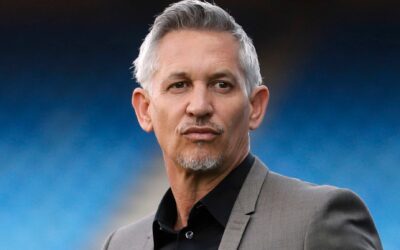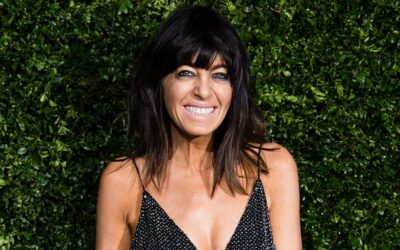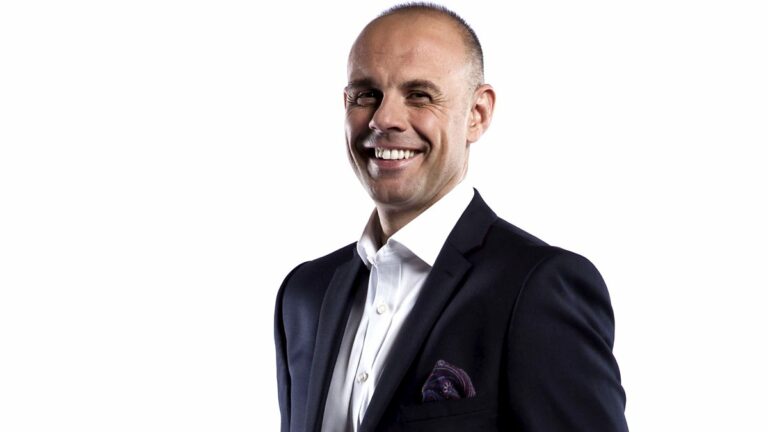Downing Street has called on the BBC to explain why staffing costs have increased by £11m despite the Corporation saying it cannot afford to fund TV licences for the over-75s.
Yesterday the BBC published a list of on-air talent – excluding those paid by BBC Studios – who earn more than £150k, as part of its Annual Report. The figures covered the period from April 2018 to March 2019 and showed that the total talent bill had risen £11m to £159m.
The number of stars earning more than £150,000 – so more than the Prime Minister – had gone up from 64 to 75. Last month the Corporation announced that it would be means testing free TV licences for the over-75s.
Gary Lineker was at the top of the pay list on £1.75m, while a number of the BBC’s stars had significant increases. BBC Sport and BBC Wales presenter Jason Mohammad (above), broke into the list of the top 10 highest earners with a £95,000 pay rise to £355,000.
The Prime Minster’s official spokesman said: “As a public service broadcaster funded by the licence fee, the BBC has a responsibility to lead the way in promoting workplace equality.











